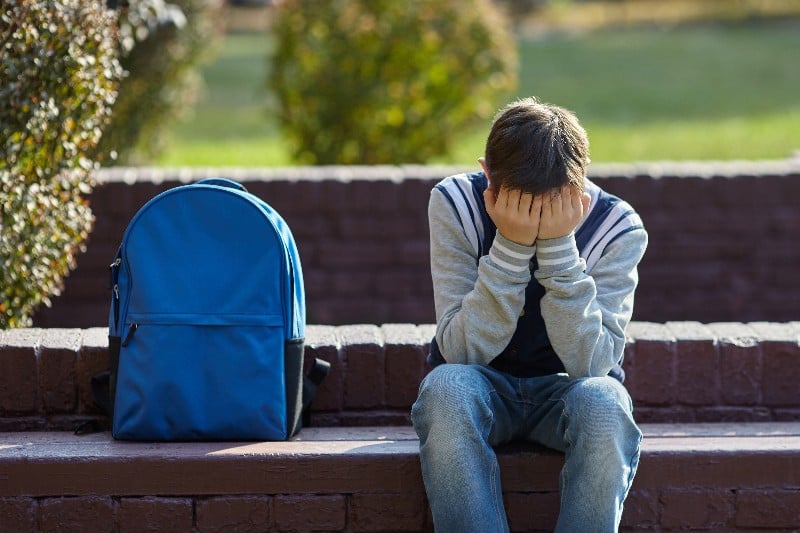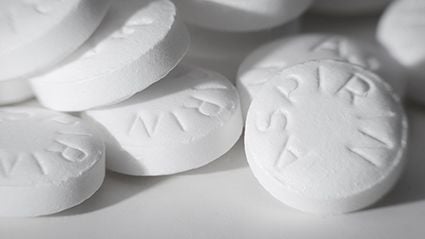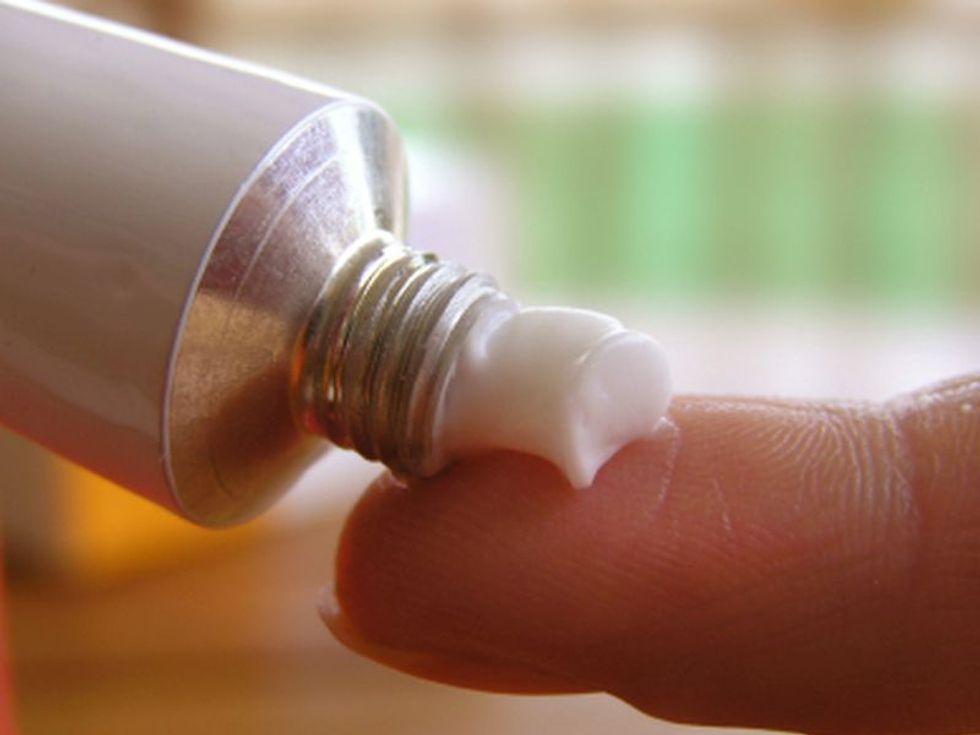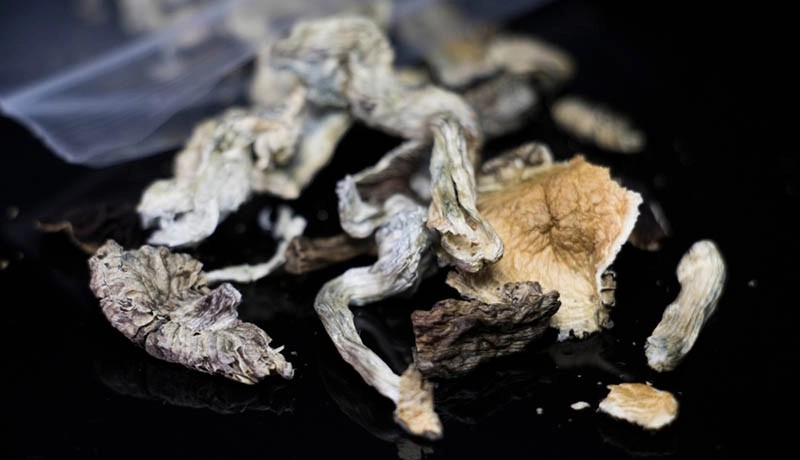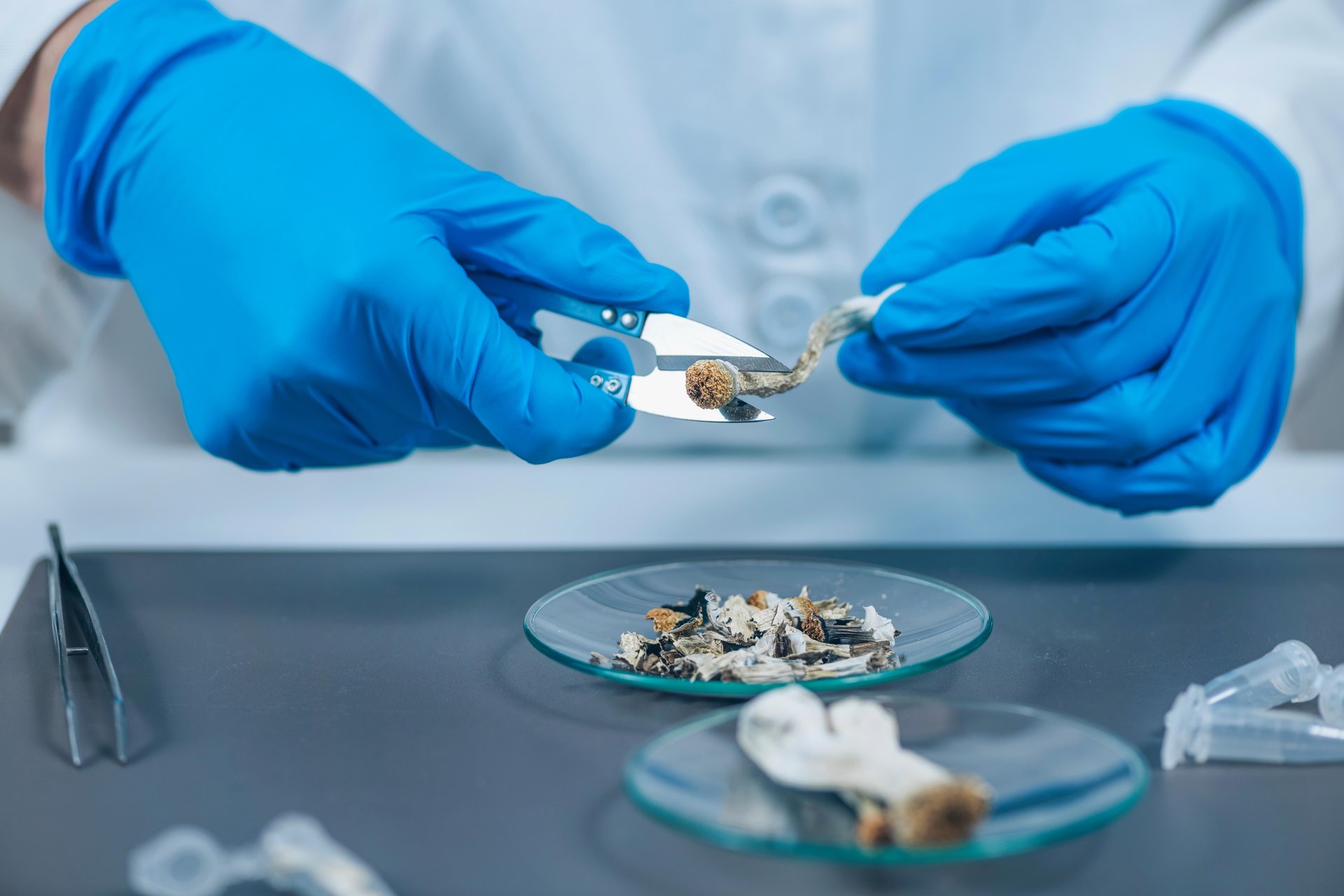
Many people with tough-to-treat depression may be trying psilocybin, the active ingredient in magic mushrooms, as an alternative to antidepressants. Thinking that it’s a “natural” drug, folks might assume it comes without side effects. That assumption would be wrong. People in a new study who took psilocybin often experienced headache, nausea, anxiety, dizziness and elevated… read on > read on >











